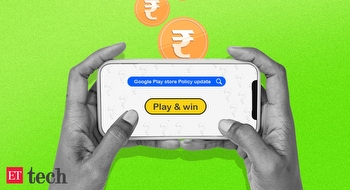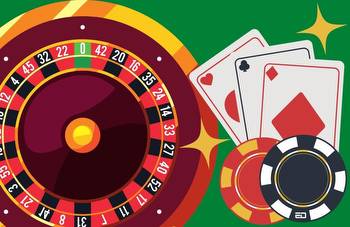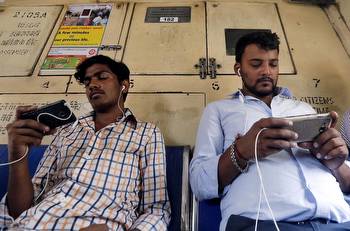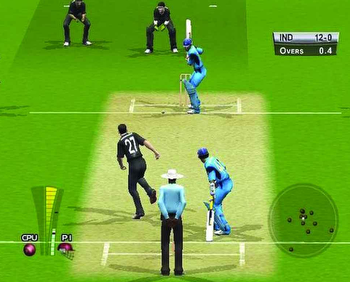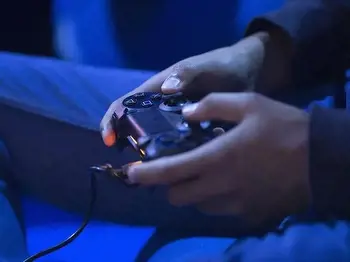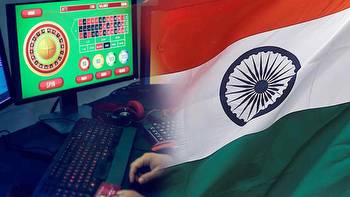New drug: Real money games
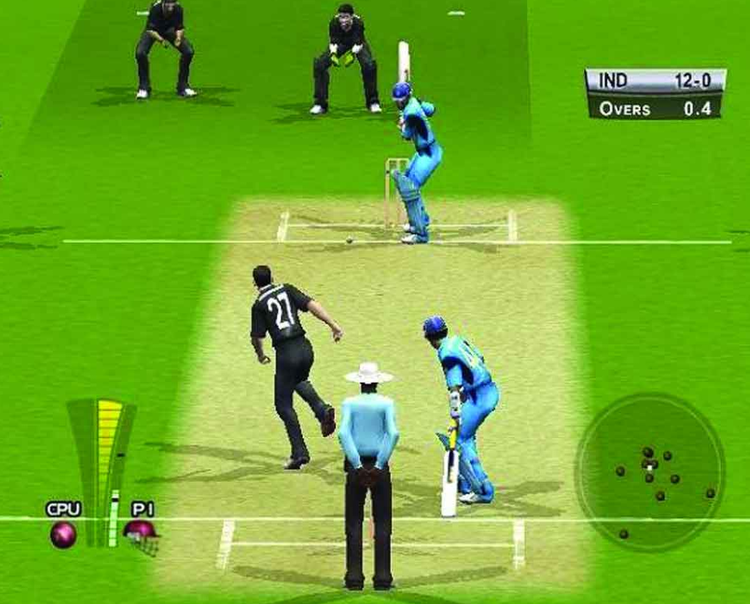
The author is Professor, Department of Economics, P.G.D.A.V. College (University of Delhi) For some time, you must have seen advertisements of some apps in which sports celebrities are seen advertising online games, although at the same time in the same advertisement there is also a quick warning, ‘to play these games carefully, they may be addictive.’ In fact, today our youth are getting trapped in the apps and games endorsed by these celebrities. This ‘real money gaming’ industry has expanded significantly due to the expansion of internet and mobile in the country for some time now. It is believed that by the year 2025, the business of this industry will exceed $5 billion.
Various types of online and apps-based games, including virtual games, i.e. fantasy sports, rummy, ludo, share trading related games, and crypto-based games, are called real money games, which are played for money and reward. These games are skill- as well as chance-based. But no matter whether they are skill based or chance based, they are expanding fast and companies promoting these apps and websites are making huge profits.
Spoiling the future of youth
Ever since the emergence of these real money games, there have been many cases of youth ending their lives after getting trapped in debt. It happens because they are virtually addicted and the chances of ultimately winning in these games are very meagre. In some cases, even families have been ruined after a youth member got trapped in huge debts due to these addictive apps.
In 2020, an app company named Dream-11 bought the sponsorship rights of IPL cricket by paying rupees Rs 222 crore. After this the Dream-11 app became a household name. Apps of other fantasy cricket games also bought advertising rights in IPL. All these apps are being promoted by big cricket celebrities. The celebrities include M.S. Dhoni, Rohit Sharma, Hardik Pandya, and Rishabh Pant.
Reports suggest that most of the youths who commit suicide due to gambling addiction through these apps are in the 19-25 age group, and they include students, migrant laborers and businessmen.
Skill or chance?
Most courts have validated these fantasy games, accepting the argument that it is a game of skill. Yet, understanding the gravity, six governments have so far banned or disallowed fantasy cricket platforms. Andhra Pradesh Chief Minister Y.S. Jagan Mohan Reddy has requested the Union Government, to ban 132 such apps.
Although some studies hold that the winning in this fantasy cricket game is not by chance and thus it is not gambling, some sports psychologists believe that fantasy cricket is actually gambling and may lead to pathological gambling behaviour. However, the logic of the people associated with this “industry” is that there is no reason to be addicted to fantasy sports as the average ticket price in this is only Rs 35, so a person cannot lose more than 10 thousand in such games in their life time.
However, with the information that people committing suicide after getting trapped into debt of lakhs of rupees due to these ‘games’ this argument is proved wrong. Therefore, more investigation is needed in this subject. It is worth noting that at present this industry is not under any laws and is self-regulated. Therefore, instead of information from the industry itself, only a thorough investigation of these apps can only reveal the truth.
Risk-taking is not only said to be important in neoliberal economic theories but is also glorified. Many financial instruments have entered in the era of neo-liberal policies and speculation has become an integral part of today’s economies. Although speculation in the stock, commodity, and foreign exchange markets has many side effects, they are legally permitted. With the entry of speculation into the common life, the practice of fantasy games has also gained general acceptance.
Players lose, not companies
In fantasy games, some players may win and others may lose, but apps companies running these games earn huge profits. This profit drives them to purchase sponsorship rights by paying huge fees to cricket organisers like BCCI. It has to be understood that their profit is at the cost of those poor students, labourers, farmers and common people who put their savings on stake in these games, or even borrow to play these real money games.
We find that courts and administrative bodies have information about these games, which the customers do not have. The Supreme Court has observed that the results of skill-based games can be influenced by mechanical tampering.
In such a situation, the government of India and the concerned administrative ministries cannot sit idle. Apps that push youth into gambling need to be banned. Till this process is complete, there will be a need to ban advertisements, especially by celebrities.
(The writer is Professor, PGDAV College, University of Delhi. The views expressed are personal.)












